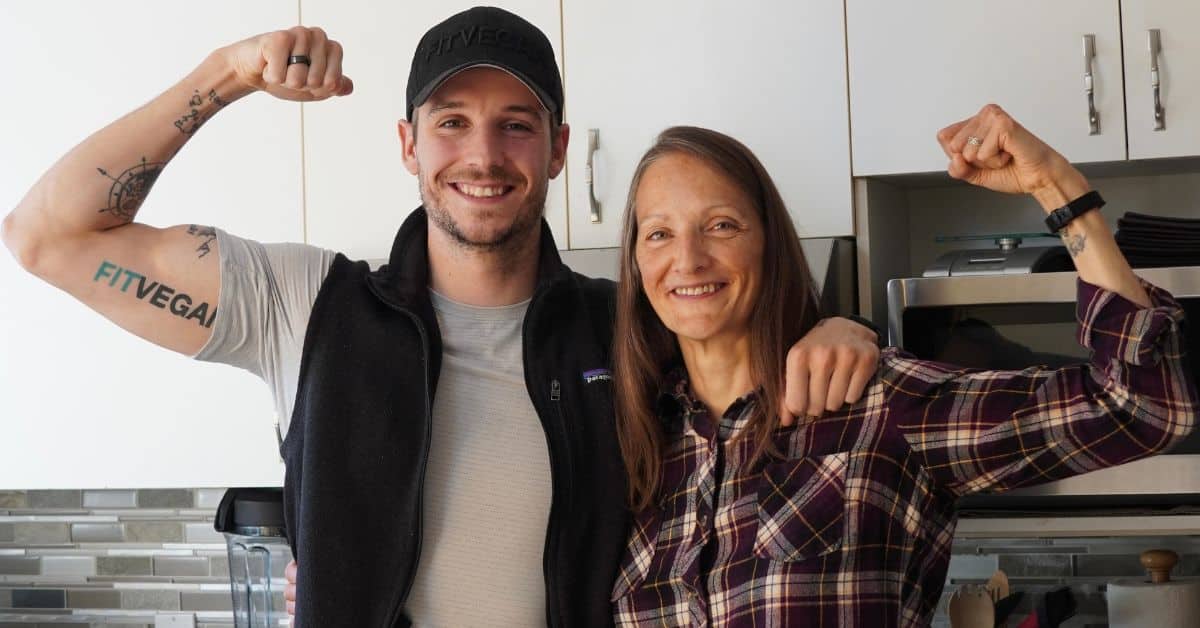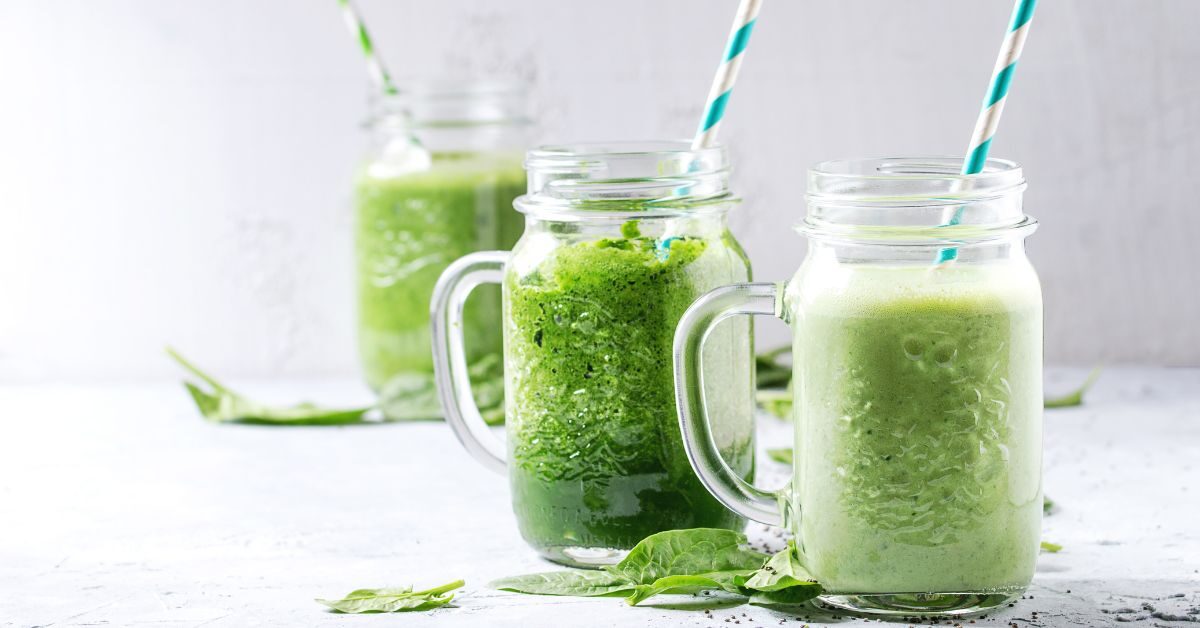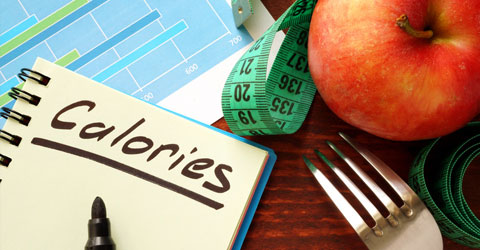
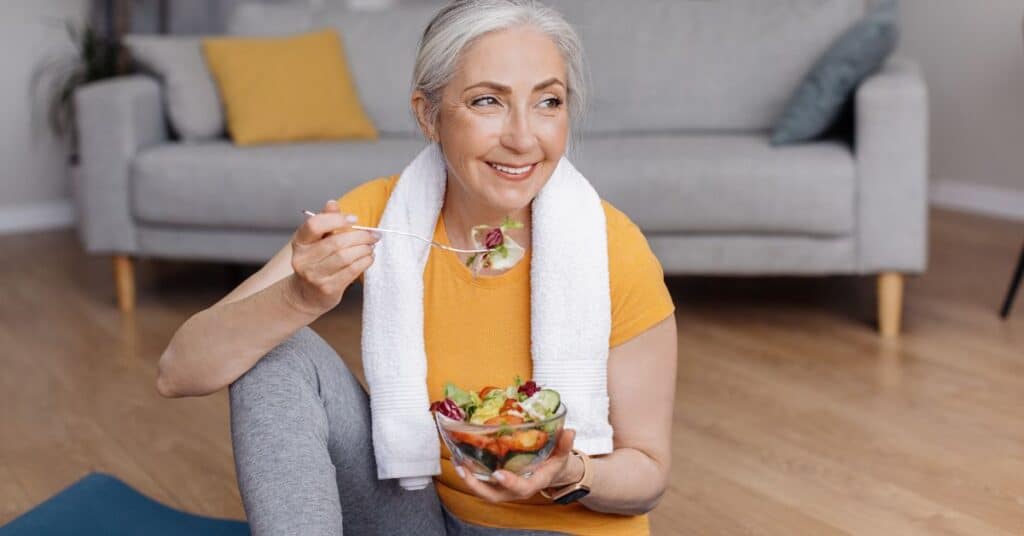
I initially struggled with this question when I went vegan over eight years ago. Coming from the bodybuilding world, where there is a significant focus on cutting carbs to lose fat and build muscle, it took me years of tweaking my approach and exploring the research to figure out how to do it.
Through several years of personal transformation, I learned the core principles of transforming my body to look great in any situation on a whole food, plant-based (WFPB) lifestyle. I’ve since applied that knowledge to my coaching business, helping over 600 people achieve excellent results.
It’s important to remember that the tools I share will not change your life unless you implement them. Knowledge is only knowledge; it might change your life, but not until you put it into practice. Let’s jump into it!
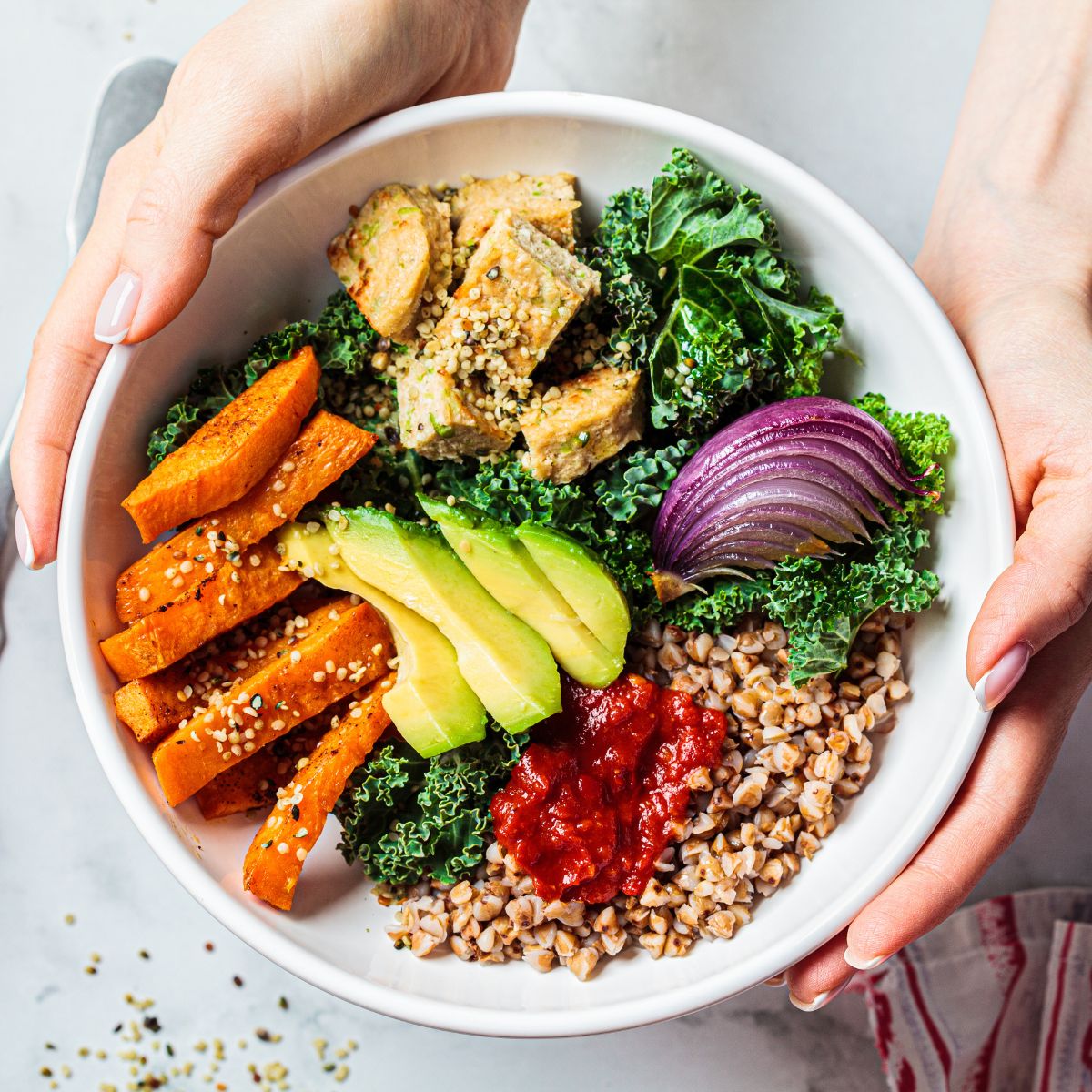
Protein Requirements
I’m sure you knew I would talk about protein because it is important. But not as much as traditional bodybuilders make it out to be. Many of them recommend way too much protein, whereas according to the fantastic Plant-Based Athlete by Robert Cheeke and Matt Frazier, you only need 1.2–2 grams per kilogram of body weight.[1] Where you fall within that range will depend on the type of exercise you are doing (resistance or endurance), the intensity of your exercise, and other health goals.
For clients trying to change their body composition by losing fat and building muscle, I recommend the middle of that range. Individuals who don’t have fat to lose or aren’t interested in building muscle can be very healthy while eating less protein, and there is a lot of research to back that up (the RDA is .8 grams per kilogram of body weight), but in my experience, if you are hoping to retain and build lean muscle mass while losing fat, the requirements are somewhat different.
Does that mean you need to take protein supplements? No. Many plant-based foods are more than capable of meeting your nutrient needs, including your protein needs. Options with a slightly higher ratio of protein include beans (including soy products like tofu and tempeh), lentils, and whole grains like quinoa and farro. If you regularly consume many of these foods, you will easily stay in the recommended protein range.
Also, despite what you might have heard, exclusively plant-based diets fully support muscle strength and development.[2] Animal protein is not of higher quality when changing your body composition, especially not when you account for the many additional effects of animal- versus plant-based foods.

Rethinking Calories
Many of my clients trying to lose fat think they need to adopt an aggressively calorie-deficient diet. You might have heard that you need to remove 500 calories daily to lose one pound in a week, or 1,000 calories for two pounds a week.
To put that into context, most women consume a bit more than 2,000 calories daily when their metabolism is optimized. Can you imagine halving that to lose two pounds a week? I can’t! That sounds terrible and unsustainable.
My approach is to start slow and work with the body. Because we have to understand that the body is an adaptation machine wired for survival. In other words, it will try to adjust as fast as possible to whatever changes it encounters, including if it suddenly obtains less energy from food. So, for example, if you create a 500- or 1,000-calorie deficit, the body, seeking a state of homeostasis, will adjust to ensure that you don’t burn as much. That means your metabolism will slow, you won’t have as much energy to move around, and you will lose muscle mass because muscle requires a lot of energy to maintain.
This is counterproductive if you want to have a lean but toned body. By starting with a much smaller deficit, you can lose fat without letting go of the muscle you are working hard to gain. Additionally, this approach is much more sustainable and enjoyable because you can continue to eat plenty and feel full. This is where the WFPB diet shines—on a WFPB diet, you can eat large volumes of food at a lower calorie cost while getting all the vitamins, minerals, and fiber needed to optimize your health.
This is a different approach from how many people try to lose weight by eating processed foods labeled as low-fat. Most of those foods, if we can even call them foods, are deprived of the nutrients and fiber needed to support your body. They are simply empty calories. And even if you could lose weight eating them, what’s the point if that weight loss doesn’t come with improvements to your overall health? A flat stomach with lousy health isn’t my definition of winning at life.
Instead, by utilizing WFPB nutrition, you can improve your body composition while reducing inflammation, attending to your gut health, and—closest to my heart—reducing your risk of cancer, heart disease, diabetes, and Alzheimer’s.
The foods you eat will determine your future!

Building and Shaping Your Body
What if I told you that you could build lean muscle, balance your hormones, speed up your metabolism, increase your brain capacity, and strengthen your bones, and it was free? Would you want access to it? Who wouldn’t?
It’s called strength training, or resistance training, and it is the foundation for shifting your body composition. As much as you enjoy other forms of exercise—biking, yoga, hiking, or whatever else it might be—none of them will be able to trigger muscle growth like resistance training. Don’t get me wrong—those are all great forms of exercise, and you should include them in your fitness regimen if you enjoy them. But strength training is critical when trying to develop a more toned body.
If you don’t like lifting weights at the gym, that’s okay—you don’t need to. You can just as effectively do strength training at home using resistance bands or even reusable grocery bags with books inside them. The key is to challenge your body. If you never push it beyond its comfort level, then you’ll never build muscle, strength, or endurance.
However, like with weight loss, you must progress an inch at a time. If you push too far beyond your current fitness level, you’ll be at greater risk of picking up an injury.
A Quick Note About Cardio
Cardio, or as I like to call it, “heart training,” is extremely important. Most people see it as a means to burn calories, but it’s a lot more important than that. It helps to do the one thing that keeps you alive—it keeps your heart beating strong. Without a strong heart, it doesn’t matter how fit you look; you won’t last long on this earth. And that’s the name of the game—longevity and quality of life!
I hope this new information was helpful. I’ll end by sharing something I tell everyone I work with: success isn’t about acquiring as much knowledge as possible, but instead acting on that information. So many people have a lot of head knowledge but little body knowledge (knowing from doing). So, I’d encourage you to please take one item from what you read today and implement it. Start now, and you can build the momentum to change your life.
Sincerely,
Coach Maxime
References
- Thomas DT, Erdman KA, Burke LM. Position of the Academy of Nutrition and Dietetics, Dietitians of Canada, and the American College of Sports Medicine: Nutrition and Athletic Performance [published correction appears in J Acad Nutr Diet. 2017 Jan;117(1):146]. J Acad Nutr Diet. 2016;116(3):501-528. doi:10.1016/j.jand.2015.12.006
- Hevia-Larraín, V., Gualano, B., Longobardi, I. et al. High-Protein Plant-Based Diet Versus a Protein-Matched Omnivorous Diet to Support Resistance Training Adaptations: A Comparison Between Habitual Vegans and Omnivores. Sports Med 51, 1317–1330 (2021). https://doi.org/10.1007/s40279-021-01434-9
Copyright 2026 Center for Nutrition Studies. All rights reserved.
Deepen Your Knowledge With Our
Plant-Based Nutrition
Certificate
Plant-Based Nutrition Certificate
- 23,000+ students
- 100% online, learn at your own pace
- No prerequisites
- Continuing education credits
